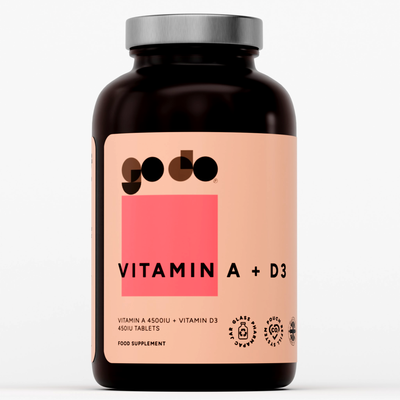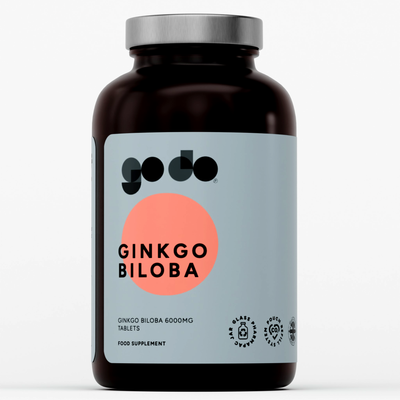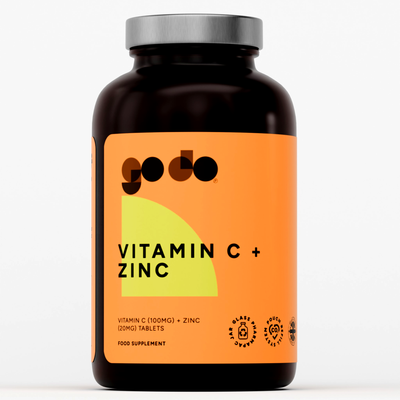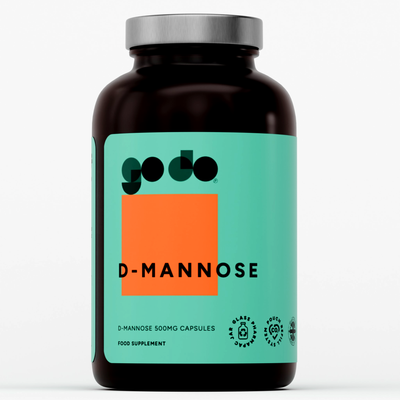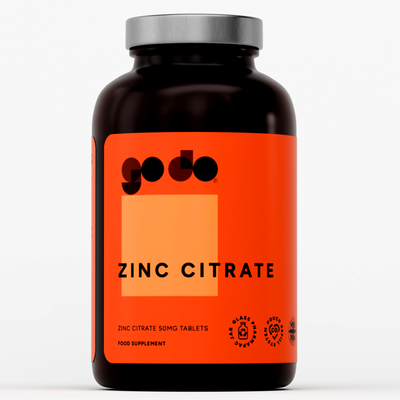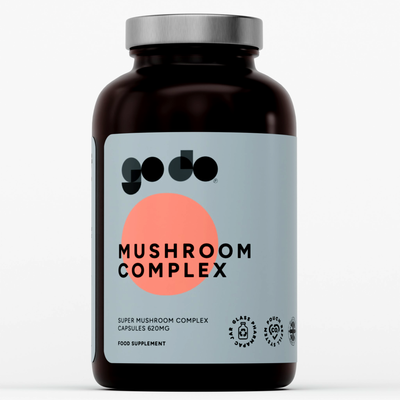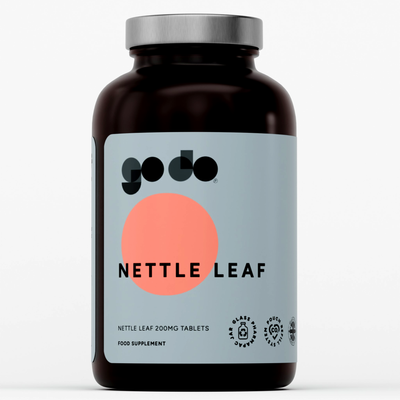A functional food is a type of food product that is formulated or modified to provide health benefits beyond basic nutrition. These foods are designed to have a positive impact on one's health and well-being by promoting specific physiological functions or reducing the risk of certain diseases. Functional foods often contain bioactive compounds or ingredients that can have a beneficial effect on the body when consumed as part of a regular diet.
Functional foods are defined as dietary items that provide nutritional energy and are beneficial to a specific function within a person's body, including enhancing physiological responses and/or reducing disease risk.
Key characteristics of functional foods include:
Health Benefits: Functional foods dietary supplements are intended to offer specific health advantages, such as improved digestion, enhanced immune function, reduced inflammation, or better heart health.
Bioactive Compounds: They often contain bioactive components like vitamins, minerals, antioxidants, probiotics, prebiotics, fiber, fatty acids, or phytochemicals that contribute to their health-promoting properties.
Regulated Claims: In many countries, functional foods are subject to regulations that require scientific evidence to support health claims. This ensures that the health benefits are substantiated.

Examples of functional foods include:
- Probiotic Yogurt: Contains beneficial live bacteria that support gut health and digestion.
- Fruit and Vegetable Juices Fortified with Vitamins: Provides essential nutrients like vitamin C.
- Fortified Cereals: Enriched with vitamins and minerals to enhance health and address specific nutritional deficiencies.
- Fatty Fish (e.g., Salmon): High in omega-3 fatty acids, which are beneficial for heart health.
- Oats and Soluble Fiber: Help lower cholesterol levels.
- Green Tea: Contains antioxidants called catechins, which may have various health benefits.
It's important to note that not all foods with health claims are necessarily effective, and the specific health benefits can vary widely depending on the product and its formulation. Consumers should critically assess the scientific evidence behind health claims and consult with healthcare professionals or dietitians for personalized dietary recommendations.
The field of functional foods continues to evolve as researchers explore new ingredients and their potential health benefits. As a result, you may encounter a wide range of functional food products on the market, each designed to address specific human health concerns or promote well-being in various ways.
What Are Some Potential Benefits of Functional Foods?
In fact, adding a variety of foods and drinks to your diet will help to boost dietary intake of nutrients, such as vitamin D, in amounts unavailable through conventional foods. It can assist in reducing gaps between food ingredients and those found in typical multivitamin ingredients. They might help to increase the number of healthy food options available for us in the future as they may also help prevent heart disease.

Problems with the definition of functional foods
There are many problems associated with commonly understood functional foods. There are two important aspects to consider when choosing a healthy snack. Some health foods that were described as considered functional foods include Beetroot , Peanut , Sweet Potato , Strawberry, and Pomegranate . This food helps maintain health and protect against disease as it provides phyto and micronutrients. It is also thought to be good healthful foods that contain probiotics that are functionally acceptable.
What Are the Potential Problems With Functional Foods?
The Food and Drug Administration (FDA) explains many of the ingredients found in foods and drink packages including "low salt" and "low fat". But the agency is still recommending products to include such words in their labels. Several claims about an adaptogen helping to relieve mental or physical health effects of stress seem vague. The fact is that many studies have failed to provide evidence supporting such assertions.
The proposed new definition of functional foods
According to these arguments, Functional foods must be defined as such. Functional foods are novel foods containing substances or live microorganisms with potential health-promoting or disease-preventing properties and at levels that can meet all criteria for their safety. The additives that define functional foods can be foods containing vitamins, minerals, phytochemicals, other substances, and probiotics. Its food technologist colleagues gave an equivalent definition for food technology. This food is unique because it has unique characteristics.
Role of Functional Foods in Health and Disease
Functional foods have been extensively studied to understand how they affect humans in enhancing their health and welfare and reducing disease/condition risk. The evidence indicates that foods are biologically active in human bodies and have specific health benefits. Functional food can often have positive health benefits and advantages due to its bioactivity. Different compounds have specific functions within our cells and can often interact to modify physiological processes within our system.
Regulation of Functional Foods in the Marketplace
The FDA has no specific definition for the term functional foods or food therefore, no formal regulatory categories nor a formal framework exists. The only requirement for functional food is its intended usage determined by the manufacturer. In many cases, the federal law protects consumers from misleading or incorrect information found on these foods.
What are the 3 functional groups of food?
Three major food groups are energy-generating, bodybuilding, and protective. Energy-giving food: It contains carbohydrates and fats.
The three main functional groups of food are:
1. Macronutrients: Macronutrients are the essential food components of of the diet that provide energy in the form of calories. They are required in relatively large quantities by the body and include:
a. Carbohydrates: Carbohydrates serve as the primary energy source for the body and are present in foods such as grains, fruits, vegetables, and legumes. Carbohydrates can be divided into two main categories: simple sugars, which include glucose, fructose, and sucrose, and complex carbohydrates, which encompass starches and dietary fiber.
b. Proteins: Proteins are essential for growth, repair, and maintenance of body tissues. They are found in foods like meat, poultry, fish, dairy products, legumes, and nuts. Proteins are composed of amino acids, which are the building blocks of the body.
c. Fats (Lipids): Fats are another source of energy and are important for various bodily functions, including the absorption of fat-soluble vitamins. Fats can be found in foods like oils, butter, nuts, seeds, and fatty fish. They include saturated fats, unsaturated fats (monounsaturated and polyunsaturated), and trans fats.
2. Micronutrients: Micronutrients are essential vitamins and minerals that are required in smaller quantities than macronutrients but are crucial for various physiological functions. They include:
a. Vitamins: Vitamins are essential organic compounds that have pivotal roles in metabolism, immune function, and overall well-being. The vitamin spectrum comprises vitamin A, the B-complex group (including B1, B2, B3, B5, B6, B7, B9, and B12), vitamin C, vitamin D, vitamin E, and vitamin K.
b. Minerals: Minerals are inorganic nutrients that are essential for functions such as bone health, nerve function, and electrolyte balance. Common minerals include calcium, magnesium, potassium, sodium, iron, zinc, selenium, and others.
3. Water: Water is a fundamental component of the diet and is necessary for various physiological processes. It plays a role in digestion, absorption, circulation, blood pressure, temperature regulation, and the elimination of waste products. While water is not a nutrient, it is essential for life, and staying hydrated is crucial for overall health.
These three functional groups of food provide the body with the necessary energy, nutrients, and hydration required to maintain health and well-being. A balanced diet consists of both whole foods and an appropriate combination of macronutrients, micronutrients, and water to meet individual nutritional needs.
What are the examples of functional food?
Example food for functional use: Oats bran fibers. Fibre is an endogenous component in plants and food that can resist digestion through enzymes created by humans. ... Yeast. ... Fish oils fatty acids. ... Medications of the biotics. ... Plant sterol or stain.
Functional foods are those that provide health benefits beyond basic nutrition due to the presence of bioactive compounds or specific functional ingredients in other foods. Here are some examples of functional foods and the potential health benefits they offer:
1. Probiotic Yogurt: Contains live beneficial bacteria (probiotics) that promote gut health, aid digestion, and may boost the immune system.
2. Fermented Foods (e.g., Kimchi, Sauerkraut): These foods are rich in probiotics and can support digestive health and the balance of gut bacteria.
3. Fortified Dairy Products (e.g., Vitamin D-fortified milk): Fortified with specific vitamins and minerals to address nutritional deficiencies and support bone health.
4. Oats and Soluble Fiber: Can help lower cholesterol levels and promote heart health.
5. Omega-3 Fatty Acid-Rich Fish (e.g., Salmon): High in omega-3 fatty acids, which are beneficial for heart and brain health.
6. Green Tea: Contains antioxidants called catechins, which may have various health benefits, including potential antioxidant and anti-inflammatory effects.
7. Turmeric: Contains curcumin, a compound with anti-inflammatory and antioxidant properties, which may support joint health and reduce inflammation.
8. Dark Chocolate: Contains flavonoids, which have antioxidant properties and may contribute to heart health when consumed in moderation.
9. Nuts (e.g., Almonds, Walnuts): Rich in healthy fats, fiber, and various nutrients, nuts may promote heart health and reduce the risk of chronic diseases.
10. Prebiotic Foods (e.g., Garlic, Onions, Bananas): Contain non-digestible fibers that support the growth of beneficial gut bacteria.
11. Berries (e.g., Blueberries, Strawberries): Packed with antioxidants and phytochemicals that may support brain health and reduce the risk of chronic diseases.
12. Soy Products (e.g., Tofu, Edamame): Contain phytoestrogens called isoflavones, which may have cardiovascular and bone health benefits.
13. Whole Grains (e.g., Quinoa, Brown Rice): Rich in fiber, vitamins, and minerals, whole grains can support digestive health and provide sustained energy.
14. Tomatoes: Contain lycopene, an antioxidant that may contribute to heart health and reduce the risk of certain cancers.
15. Eggs with Omega-3: Eggs enriched with omega-3 fatty acids provide a source of these heart-healthy fats.
16. Functional Beverages (e.g., Antioxidant-Rich Fruit Juices): May provide additional health benefits due to the presence of antioxidants.
Remember that the health benefits of functional foods can vary depending on individual factors and the specific product's formulation. When incorporating functional foods into your diet, it's essential to do so as part of a balanced and varied healthy eating and plan. Consulting with a healthcare professional or registered dietitian can help you make informed dietary choices based on your specific health goals and needs.




